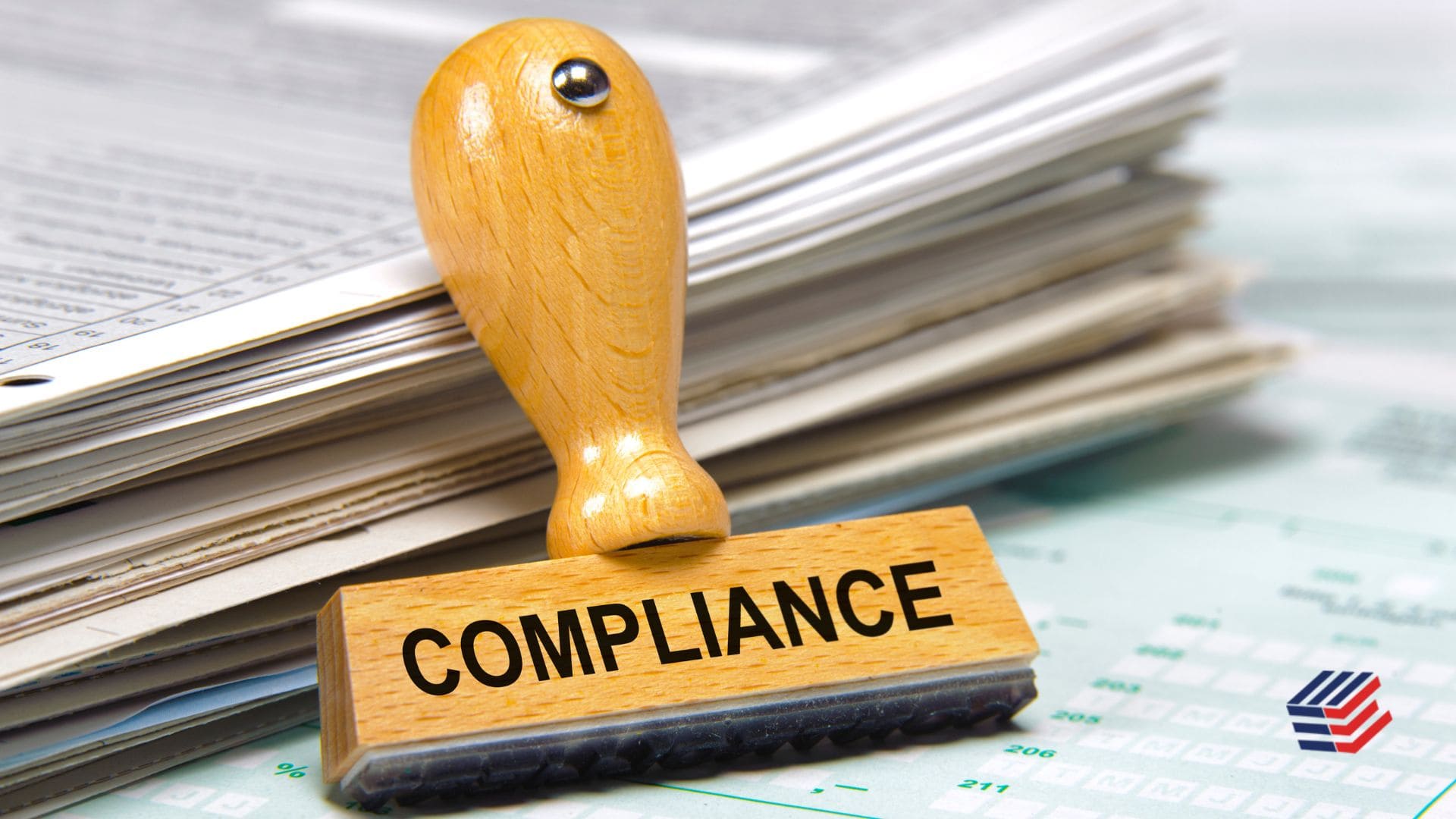Credit check is a much debated topic and can land an employer in unwanted lawsuits and legal tangles. The Fair Credit Reporting Act (FCRA) clearly outlines employer/employee obligations and every organization should take care of these in order to avoid any legal implication in the long run. A credit report is a ‘consumer report’ that is complied by a ‘consumer reporting agency’ under FCRA. A credit report normally has personal information for identification such as name, SSN and address details, credit information including credit accounts and loans with banks, retailers etc, public record information that’s contained in any state or county records like bankruptcies, monetary judgments and finally any inquiries made to credit grantors which can lead to additional debt.
Employee credit checks allows companies to lower risks that may arise due to problematic credit history that may have a negative bearing on work performance and gives them enhanced clarity and visibility regarding the prospective candidates financial standing. Irregular and delayed payment history could suggest employee maybe disorganized or unfit for the role. Mismanagement of finances or high debt could point to higher chances of theft or fraud.
There are certain rights under FCRA that an employee/applicant is eligible to, hence while doing a credit check the following points should be taken care of:
- The employer must notify the applicant/employee that a consumer report may be used in the evaluation process.
- The employer should also get a written consent from the applicant/employee for obtaining his credit record.
- Before taking an adverse action against an applicant/employee a copy of the consumer report along with a copy of the Federal Trade Commission’s “A Summary of Your Rights Under the Fair Credit Reporting Act” should be given to the applicant/employee to give them an opportunity to contest the contents of the report.
- The employer can then send adverse action intimation to the applicant/employee after waiting for a reasonable time for them to dispute the report. The intimation should contain the following
- the name, address, and telephone number of the consumer reporting agency that supplied the report
- a statement that the consumer reporting agency that supplied the report did not make the decision to take the adverse action and cannot give specific reasons for it
- a notice of the individual’s right to dispute the accuracy or completeness of any information the agency furnished, and his or her right to an additional free consumer report from the agency upon request within 60 days
Several states and the federal government are pushing new rules to stop employers from unfairly screening out job applicants who can’t pass a credit check. And this number is on the increase as more and more states are bringing about legislation that will limit the use of credit information as part of employment verification. It has been found that,
- Only 13% of selected candidates were given a credit check and these checks are conducted mostly for positions with financial responsibility, senior executive positions or for positions with access to confidential information.
- Majority of the companies initiate a credit check only after the initial offer.
- Credit checks are done looking at the long term credit history of the applicant and companies may go back to 6 or 7 years of credit history to get a complete picture.
To conclude a credit check is beneficial in giving an overview of the applicant/employees past history, however it should not be made a decisive factor in employing a person unless the position calls for qualities such as confidentiality or the applicant would have to handle money or money related matters or the role is a high profile one. Care should be taken to abide by the laws and legislation’s or the business could end up in unnecessary lawsuits.
Disclaimer: The content of this post does not constitute direct legal advice and is designed for informational purposes only. Any issues regarding compliance and obligations under United States or International laws or regulations should be addressed through your legal department or outside counsel.

